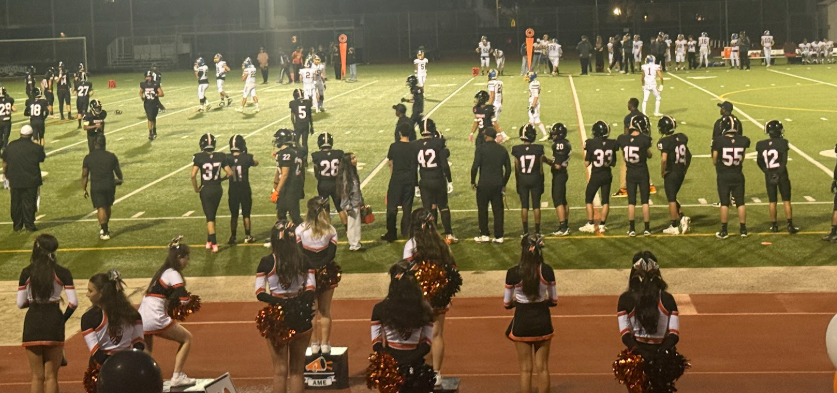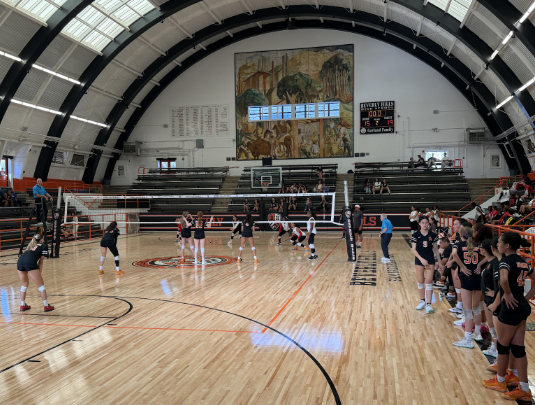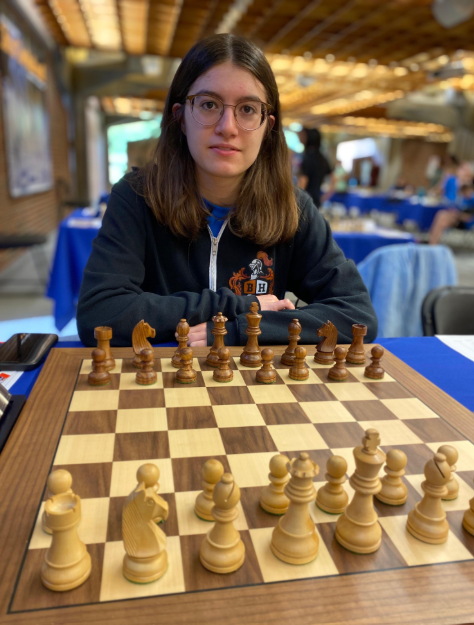Michelle Banayan, news editor
“Okay students, clear your desks. We are having a pop quiz!”
The pop quiz: for students, it’s their worst nightmare. For teachers, it’s an age-old technique; one intended to keep their pupils on their toes and make sure they are completing all of their assignments.
After all, if students are doing their homework and paying attention in class, they should be able to ace these surprise assessments, right? Some teachers also claim to use pop quizzes to combat test anxiety which causes students to blank out after studying all night for an assigned assessment. However, although these pop quizzes seem to be given with good intentions in mind, they are doing more harm than good.
How many teachers are perfectly on schedule with each assignment they have? Aren’t there nights when they feel too exhausted to grade another paper? How would they react if a supervisor decided to pop in class without prior notice for an evaluation?
Just as teachers may not be able to complete all their necessary grading and planning on certain days because of their lives outside of work, students should not simply be expected to be 100 percent prepared for every one of their subjects every day of the school year. Think about the student who is adequately prepared the week that no pop quiz is given, but has a valid reason for being unprepared the week that one is.
Even the most organized and dedicated students deserve the opportunity to plan their workload based on a schedule. Planning comes with being informed of what needs to be accomplished in advance. According to Mary McDonald’s “Systematic Assessment of Learning Outcomes: Developing Multiple-choice Exams,” teachers should ideally give students a 48-hour notice so they can adequately plan their schedules.
As students we are used to organization and planning. Since elementary school, we have been trained to use agendas to map out our study and homework schedules days in advance. And throughout the years leading up high school, many of us have formed study routines that work for us. Disrupting that schedule leads to more anxiety than an assigned quiz does – contrary to what teachers may think.
In fact, according to a study performed by Missouri Western State University’s Department of Psychology, “without fair warning [of a pop quiz], participants will have higher anxiety levels, which can interfere with their performance and lead to lower quiz grades.”
Furthermore, students who are frequently given pop quizzes find themselves not only anxious once the quiz is given out, but also throughout the day.
“There are days when I’m anxious about simply going to school because I don’t know if I’ll have a pop quiz in my classes or not, and I end up spending the whole day worrying about it,” senior Arielle Shalom said. “It’s not that I didn’t finish my homework, but I have a lot going on outside of school on top of my homework that makes it difficult for me to master all the concepts in my daily assignments.”
Additionally, in classes where teachers are prone to handing out pop quizzes multiple times a week, students tend to spend the majority of the period preoccupied with the mere prospect of having a surprise assessment at the end of the period, rather than paying attention to the current lesson.
Though it is reasonable for a teacher to want to make sure students are on top of their material, pop quizzes don’t seem to be the most effective method of doing so. The anxiety that comes with an unplanned assessment isn’t solely apparent when the quiz is handed out, but also weaves its way into students’ daily lives. However, it can easily be reduced when students are able to plan a study program, ensuring that they will be able to devote enough time to properly studying and learning the material. Perhaps teachers can schedule a brief quiz on a set day every week. That way, the worrying of whether or not a quiz will be given is eliminated and students are given the full responsibility to be prepared each week.






























